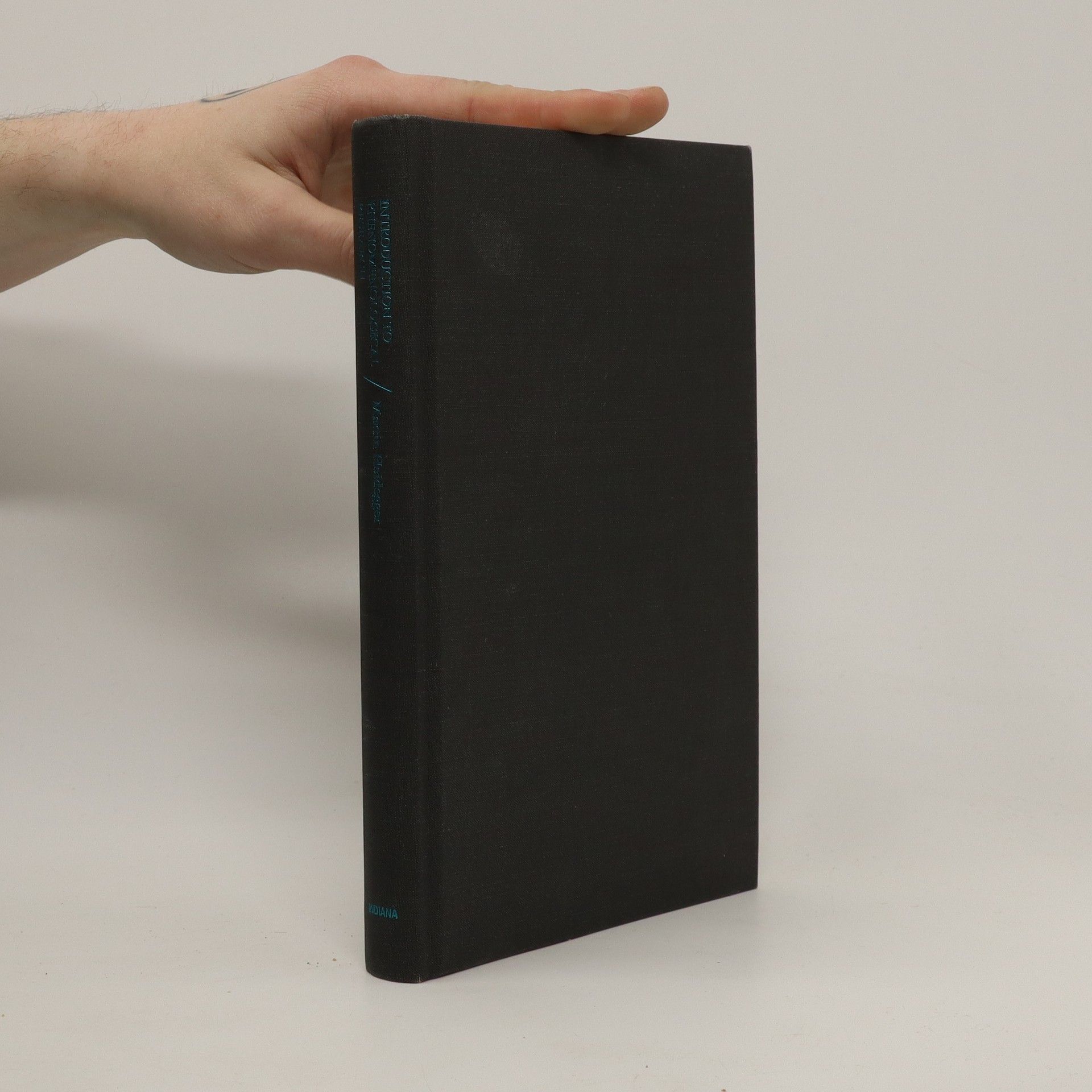Introduction to Phenomenological Research , volume 17 of Martin Heidegger's Gesamtausgabe, contains his first lectures given at Marburg in the winter semester of 1923–1924. In these lectures, Heidegger introduces the notion of phenomenology by tracing it back to Aristotle's treatments of phainomenon and logos . This extensive commentary on Aristotle is an important addition to Heidegger's ongoing interpretations which accompany his thinking during the period leading up to Being and Time. Additionally, these lectures develop critical differences between Heidegger's phenomenology and that of Descartes and Husserl and elaborate questions of facticity, everydayness, and flight from existence that are central in his later work. Here, Heidegger dismantles the history of ontology and charts a new course for phenomenology by defining and distinguishing his own methods.
Daniel O. Dahlstrom Libri
